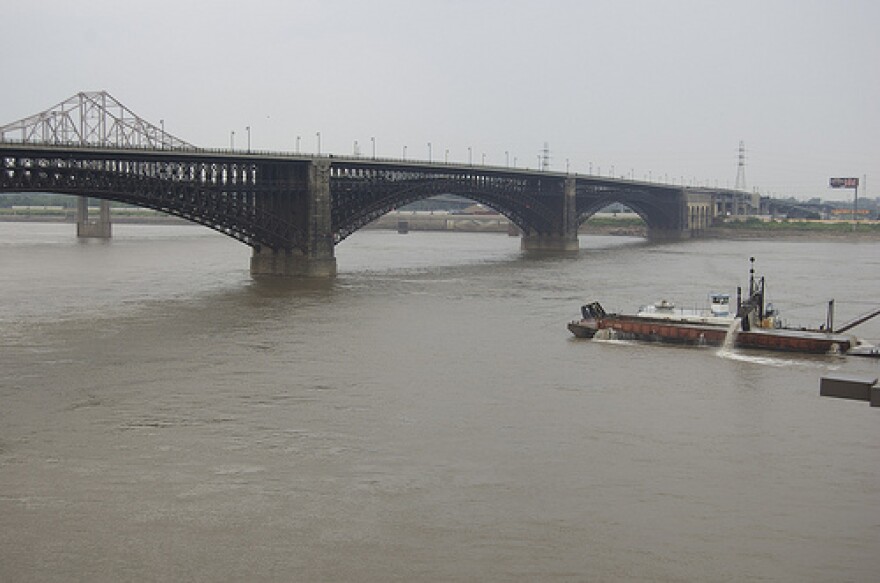St. Louis is one of three U.S. cities in a pilot program to track pollution from plastic garbage in the Mississippi River, with the goal of helping lawmakers develop policies to fight the problem.
St. Louis, along with St. Paul, Minnesota, and Baton Rouge, Louisiana, are the first three sites of a tracking program led by the United Nations and National Geographic.
Plastic garbage can clog the river, hurt plant and animal life and add chemicals to what ends up becoming drinking water. St. Louis relies on the Mississippi River for drinking water to the tune of 100 million gallons a day.
Mayor Lyda Krewson said she saw the magnitude of the problem two years ago when high water levels backed up the River des Peres.
“If you could have seen the amount of plastic bottles and trash that were floating in that River des Peres, it was quite a sight. So obviously this is a really important project,” Krewson said.
The data may suggest changes to local laws, but that could be a difficult process. Krewson cited an objection to a proposed plastic bag ban a few years ago.
“The state has responded by preempting us from doing that,” Krewson said, and other measures that could be effective might run into similar opposition. “There have been some folks who have thought about some sort of deposit on plastic bottles and that sort of thing.”
The project includes a new app that volunteers can use to track plastic garbage found on the river and upload the data to a comprehensive database.
Follow Jonathan on Twitter: @JonathanAhl





